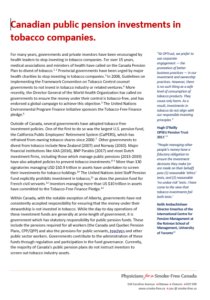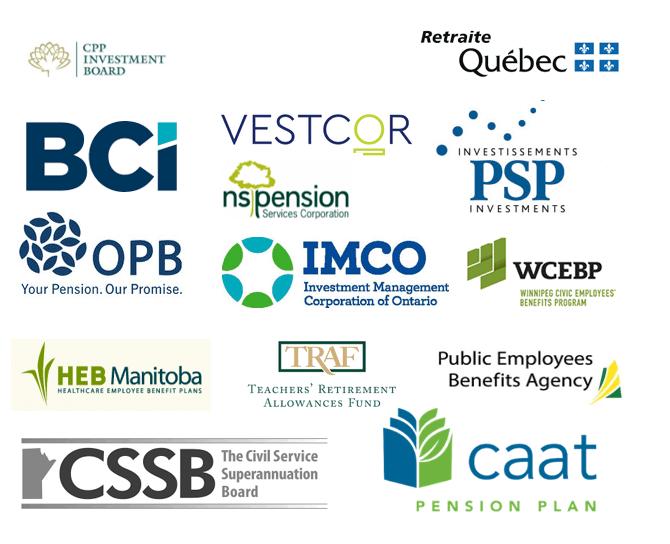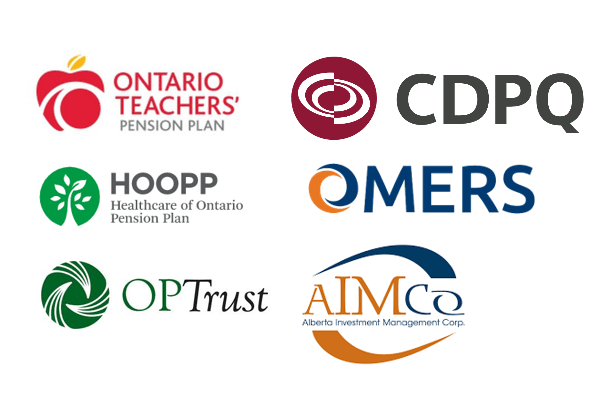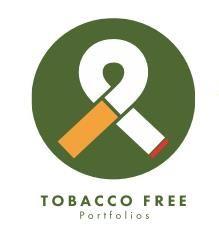Five large Canadian public pension plans have said “no” to tobacco investments.
For most Canadian workers, ten and a half cents on every pay-cheque dollar is deducted as a contribution to our national public pension program. Workers in Quebec contribute to the Quebec Pension Plan, and their contributions are invested by the Caisse de Dépot et placement du Québec (the Caisse). In all other provinces, workers must contribute to the Canada Pension Plan, the funds for which are managed by the CPP Investment Board (CPPIB).
The Quebec government owns the Caisse and the CPPIB is owned by the federal government, which has an obligation to consult with finance ministers from the other 9 provincial governments on how it is governed.
Although these pensions were established in the mid 1960s, it was only 20 years ago that governments began investing pension contributions. Prior to 1999, pension payments to retired workers were financed with the deductions received from those who were still working. Today these two government-owned funds have more than three-quarters of a trillion dollars to invest.
These universal pension programs are not the only government-controlled pension investments. In addition to the CPP/QPP, governments own or regulate the pension funds for public sector workers, including federal and provincial civil servants, teachers, municipal workers and others. While the day to day operations (and investment decisions) are generally managed at arms’ length, governments ultimately have direct or shared responsbility for the management of these funds.
Most public pensions in Canada including the CPPIB, and the pension funds of public servants in most provinces – have opted to include tobacco industry shares as part of their stock-market portfolios. Nonetheless, five public pension funds in Canada have made the important decision to screen out any tobacco investments when deciding how to invest the money entrusted to them.
 This blog and the accompanying fact sheet review the tobacco-related policies and practices of the pension fund managers who decide how these pension funds are invested.
This blog and the accompanying fact sheet review the tobacco-related policies and practices of the pension fund managers who decide how these pension funds are invested.
A long-standing call for Canadian pension contributors to get out of the tobacco business
For many years, governments and private investors have been encouraged by health leaders to stop investing in tobacco companies. Since the early 2000s, medical associations, health charities and tobacco-control organizations in Canada have called on federal and provincial governments to divest of tobacco stocks, in keeping with guidelines for implementing the Framework Convention on Tobacco Control.
Despite this, with the notable exception of Alberta, governments have not consistently accepted responsibility for ensuring that the money under their stewardship is not invested in tobacco. While the funds have adopted responsible investment policies, the ones most of them use (integrating environmental, social, and governance factors into decision making or engaging with companies through shareholder motions) are ill-suited for protecting governments from being active participants in the damage caused by tobacco.
Nonetheless, one-third of institutional investors recently surveyed screened their investments to ensure that they did not acquire tobacco shares. Among them were 5 of Canada’s largest public pension funds – the Alberta Investment Management Corp (which decided to divest of tobacco in 2011), the OPSEU Pension Trust (since 2017), the Ontario Teachers Pension Plan (since 2018), the Ontario Municipal Employees Retirement System (since 2019) and the Healthcare of Ontario Pension Plan (since 2019). The Caisse de dépot announced that it decided to join the Smoke-Free Portfolio pledge in December 2020.

|

|
| Canadian public pension funds which do not exclude tobacco. | Canadian Public Pension Funds which exclude tobacco from investments. |
A global movement for Tobacco Free Portfolios
The recent decision of some pension funds can be tied with a global push supported by international health and development agencies.
More recently, the Director General of the World Health Organization has called on governments to ensure the money under their control is tobacco-free, and has endorsed a global campaign to achieve this objective.
 The Tobacco-Free Finance pledge is sponsored by the United Nations Environmental Program Finance Initiative . The 140 signatures to the pledge include some of the world’s largest investors, collectively managing about USD $11 trillion in assets.
The Tobacco-Free Finance pledge is sponsored by the United Nations Environmental Program Finance Initiative . The 140 signatures to the pledge include some of the world’s largest investors, collectively managing about USD $11 trillion in assets.
Among these principled investors are governments like New Zealand and Norway, which moved away from tobacco more than a decade ago. Government pensions in the Netherlands and in France are also tobacco-free, as is the United Nations Joint Staff Pension Fund.
Canadian institutional investors which have taken this pledge include the Canadian Medical Protective Association, the Desjardins Group and McGill University. These are in addition to other private pension investors which have ceased investing in tobacco but which do not participate in the Tobacco Free Portfolio pledge. Examples include the investment arm of the Canadian Medical Association (MD Management, now owned by Scotiabank) and the University of Toronto.
Reasons for Canadian governments to instruct pension investors to screen out tobacco industry shares. *Tobacco products fail product safety and ethics tests. Canada is a party to a UN Treaty which calls for divestment. Partial ownership cannot be effective in addressing harms caused by the industry Other responsible investment strategies are ineffective. There is no financial penalty to divesting. * modeled on New Zealand Superannuation Fund decision in 2007. |
This post was updated in March 2021.





